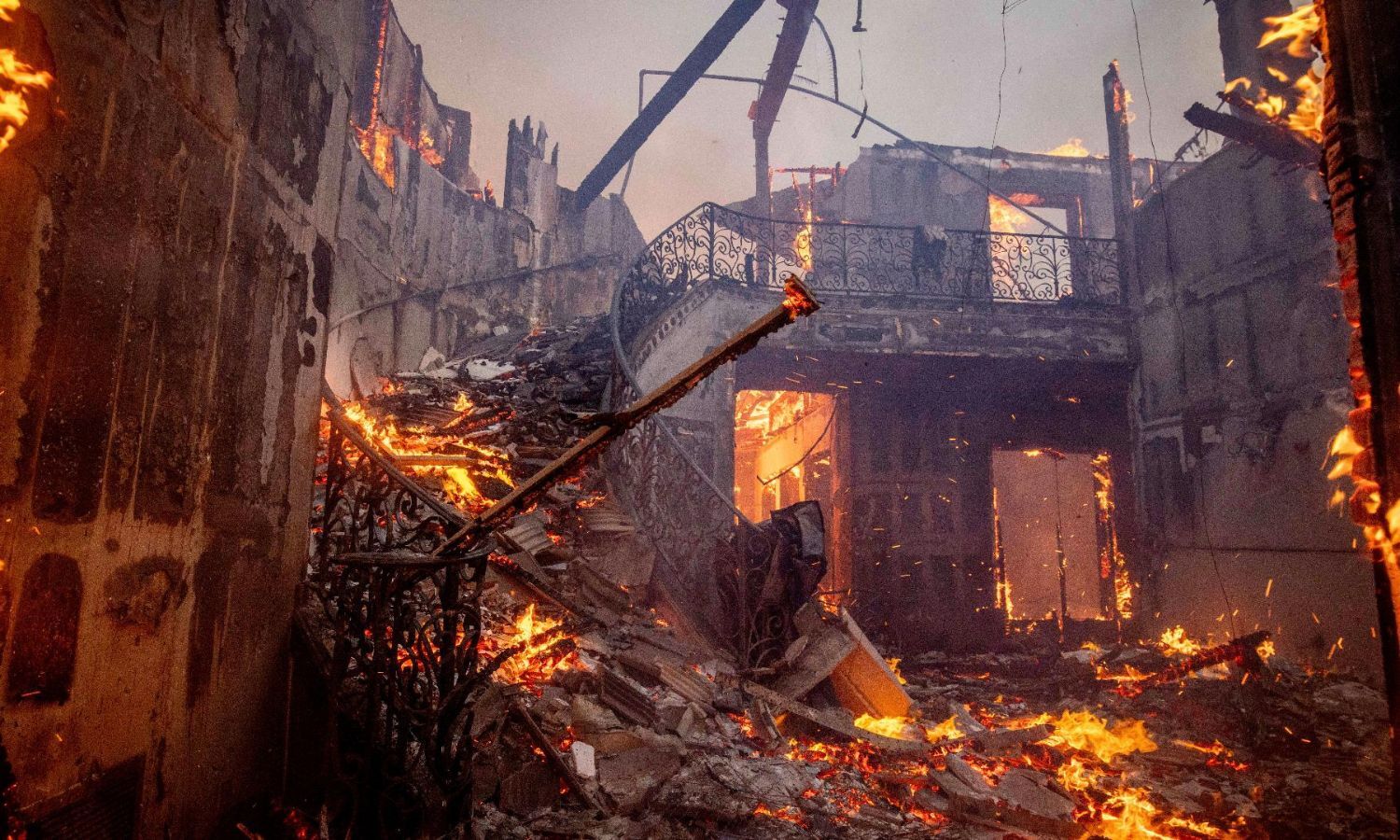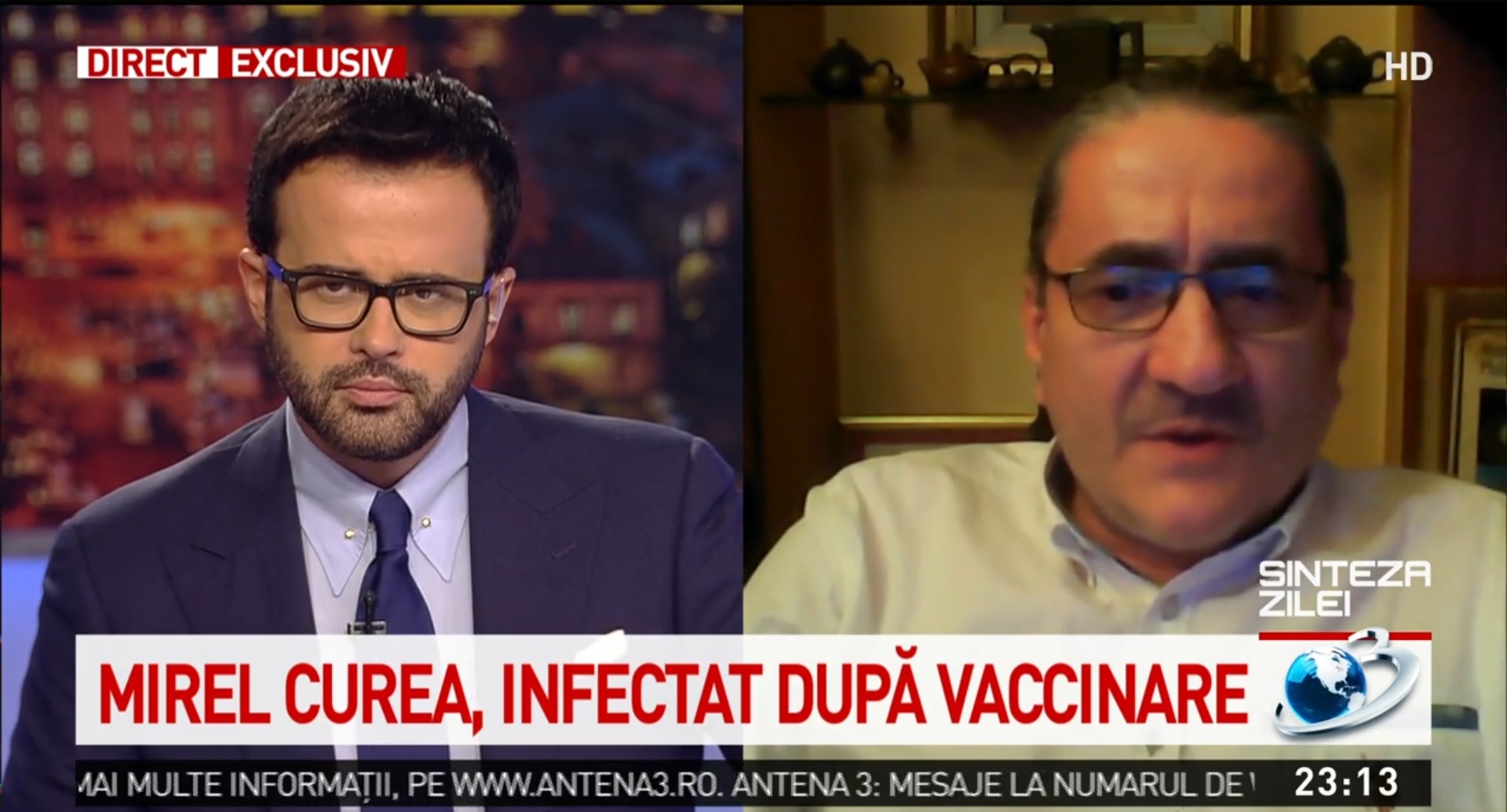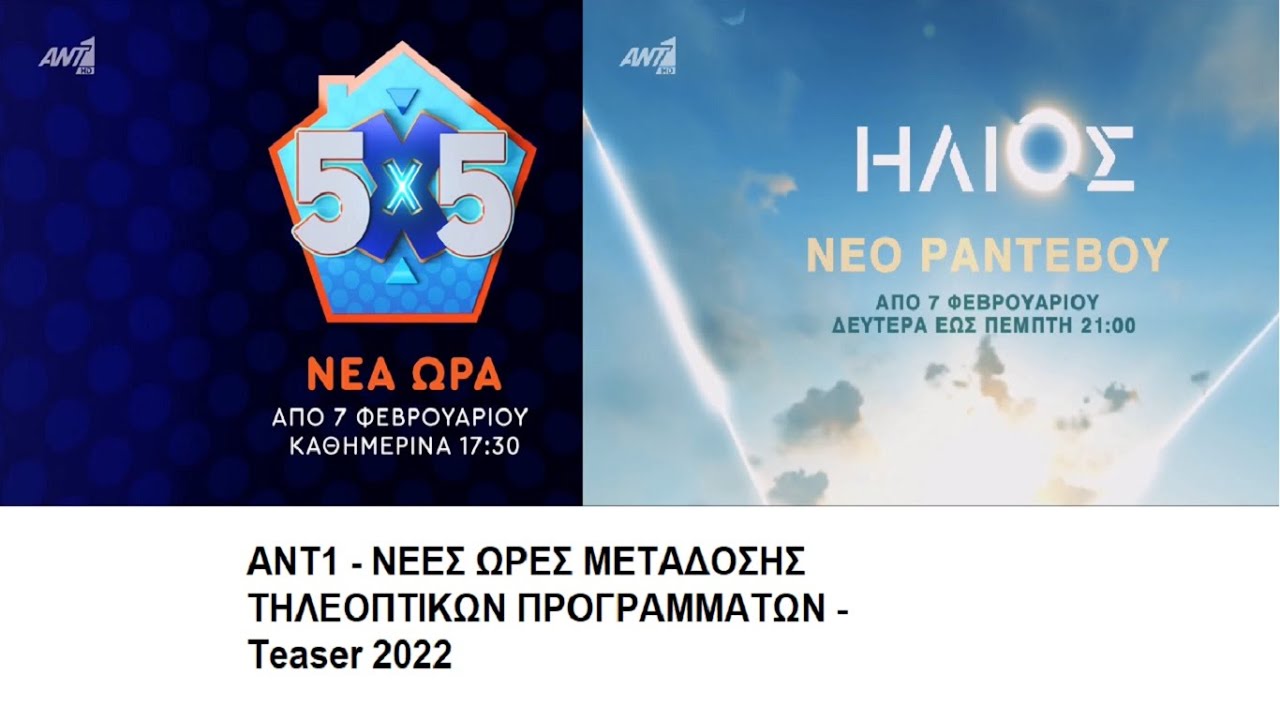The Growing Market Of Disaster Betting: A Look At The Los Angeles Wildfires

Table of Contents
The Mechanics of Wildfire Betting
Wildfire betting markets, though not explicitly advertised in mainstream gambling sites, operate on principles similar to other prediction markets. Betters wager on various aspects of a wildfire, attempting to predict its behaviour and impact. This could involve betting on:
- The total acreage burned: An over/under bet on the total area consumed by the fire.
- The duration of the fire: Predicting how many days or weeks the wildfire will actively burn.
- Specific locations affected: Betting on whether a particular neighbourhood or landmark will be impacted.
- The level of property damage: Estimating the monetary value of the destruction caused.
These bets are not based on guesswork alone. Bookmakers utilize various data sources to inform the odds, including:
- Weather forecasts: Predicting wind speed, humidity, and temperature greatly influences fire spread.
- Fire department reports: Official assessments of the fire's size and containment progress are crucial.
- Satellite imagery and aerial surveillance: Providing real-time data on fire progression.
Examples of specific bets offered (hypothetical):
- Over/under 10,000 acres burned in the next 7 days.
- Will the fire reach Highway 1 within 48 hours? (Yes/No)
- Total estimated property damage: Over/under $500 million.
Payouts are determined based on the actual outcome versus the predicted outcome, much like traditional sports betting. Currently, publicly available platforms specifically dedicated to disaster betting are limited, highlighting the need for greater transparency and regulation in this nascent market.
The Ethical and Societal Implications of Disaster Betting
The ethical concerns surrounding disaster betting are significant. Profiting from the suffering and destruction caused by natural disasters raises serious moral questions. Several key issues emerge:
- Exploitation of vulnerable populations: Individuals affected by disasters, already facing immense hardship, could be further exploited by predatory betting practices.
- Impact on disaster relief efforts: The focus on betting could potentially detract from crucial community recovery and aid efforts.
- Potential for misinformation and fraud: The lack of regulation increases the risk of manipulation and the spread of false information, potentially influencing betting outcomes.
Arguments against disaster betting:
- It is morally reprehensible to profit from human suffering.
- It can exacerbate the emotional distress of affected communities.
- It creates a perverse incentive to downplay or ignore the severity of disasters.
Stronger regulation is crucial to mitigate these risks, including measures to prevent fraud and protect vulnerable individuals.
The Los Angeles Wildfires as a Case Study
The frequent and severe wildfires in Los Angeles County make it a particularly relevant case study for disaster betting. Factors contributing to its suitability for this type of market include:
- High frequency of wildfires: The region's susceptibility to wildfires provides frequent opportunities for betting.
- Extensive media coverage: The intense media attention surrounding these events increases public awareness and potential betting interest.
- Significant property values: The high value of homes and businesses in affected areas translates to substantial potential losses, making for large-scale betting.
Potential bets related to past LA wildfires (hypothetical):
- Will the Woolsey Fire reach Malibu? (Yes/No)
- Total acreage burned in the Getty Fire: Over/under 700 acres.
The impact of such betting on communities affected by wildfires could be deeply damaging, potentially adding to the emotional toll and hindering recovery efforts. The media’s role in shaping public perception and potentially influencing betting trends should be carefully considered.
Regulation and the Future of Disaster Betting
Currently, the regulatory landscape surrounding disaster betting is largely undefined. Many jurisdictions lack specific legislation addressing this emerging market, leaving a void that needs to be filled. Potential future regulations could include:
- Licensing and oversight of betting platforms: Ensuring transparency and accountability.
- Restrictions on specific types of bets: Limiting the scope of wagering to prevent exploitation.
- Increased public awareness campaigns: Educating the public about the ethical concerns associated with disaster betting.
Suggestions for responsible gambling practices:
- Promote awareness of the ethical implications of disaster betting.
- Encourage responsible betting behaviour and discourage participation.
- Advocate for stronger regulations to prevent exploitation and manipulation.
The absence of stringent regulations leaves a significant gap in protecting vulnerable populations and preventing the misuse of this type of betting. The development of robust regulatory frameworks coupled with responsible gambling initiatives is essential for mitigating the risks associated with disaster betting.
Conclusion
The growing market of disaster betting, exemplified by its potential application to the Los Angeles wildfires, presents serious ethical and societal concerns. Profiting from tragedy is morally questionable, and the lack of regulation creates opportunities for exploitation and manipulation. While prediction markets can serve useful purposes, applying them to catastrophic events necessitates careful consideration of the implications for affected communities. We must engage in a thoughtful discussion about the future of disaster betting, prioritizing responsible regulation and ethical considerations to prevent the exploitation of natural disasters for profit. Focus should instead be placed on responsible gambling practices and community support, rather than profiting from misfortune. We must raise awareness and promote responsible behaviour regarding disaster betting to safeguard the well-being of those already suffering.

Featured Posts
-
 17
May 27, 2025
17
May 27, 2025 -
 Cum Schimba Interesul Politic Parerile Conform Mirel Curea
May 27, 2025
Cum Schimba Interesul Politic Parerile Conform Mirel Curea
May 27, 2025 -
 When Will Green Bones A Mmff 2024 Movie Arrive On Netflix
May 27, 2025
When Will Green Bones A Mmff 2024 Movie Arrive On Netflix
May 27, 2025 -
 Krrish 4 Plot Leak Nora Fatehi And Preity Zinta Join Hrithik Roshan
May 27, 2025
Krrish 4 Plot Leak Nora Fatehi And Preity Zinta Join Hrithik Roshan
May 27, 2025 -
 Before Yellowstone Taylor Sheridans Essential Dutton Family Film
May 27, 2025
Before Yellowstone Taylor Sheridans Essential Dutton Family Film
May 27, 2025
Latest Posts
-
 Olokliromenos Odigos Gia Tis Tileoptikes Metadoseis Toy Pasxa Stin Ellada
May 30, 2025
Olokliromenos Odigos Gia Tis Tileoptikes Metadoseis Toy Pasxa Stin Ellada
May 30, 2025 -
 Plires Programma Tileorasis Gia Tin Tetarti 23 Aprilioy
May 30, 2025
Plires Programma Tileorasis Gia Tin Tetarti 23 Aprilioy
May 30, 2025 -
 Kyriakatiko Tileoptiko Programma 4 5 Ti Na Deite
May 30, 2025
Kyriakatiko Tileoptiko Programma 4 5 Ti Na Deite
May 30, 2025 -
 Savvato 12 4 Olokliromenos Odigos Tileoptikon Programmaton
May 30, 2025
Savvato 12 4 Olokliromenos Odigos Tileoptikon Programmaton
May 30, 2025 -
 Metadoseis M Savvatoy 19 4 Odigos Programmatos
May 30, 2025
Metadoseis M Savvatoy 19 4 Odigos Programmatos
May 30, 2025
